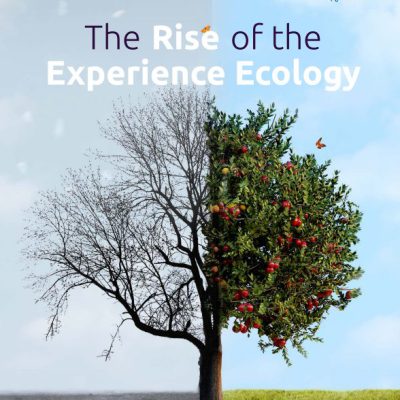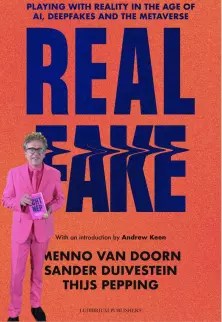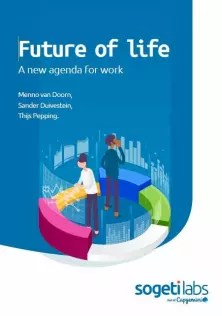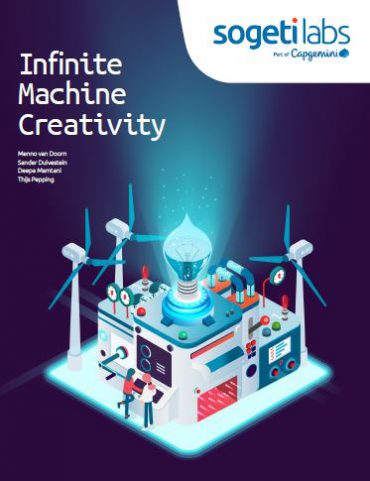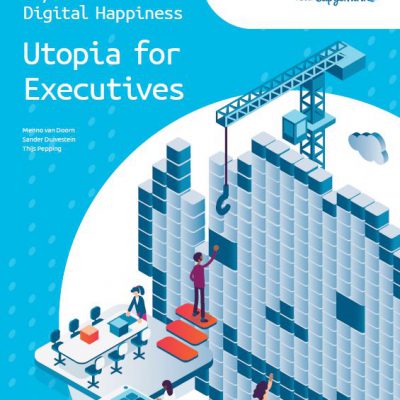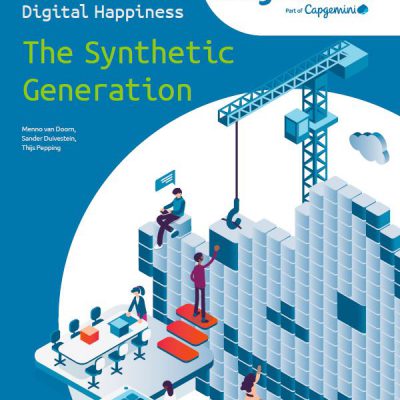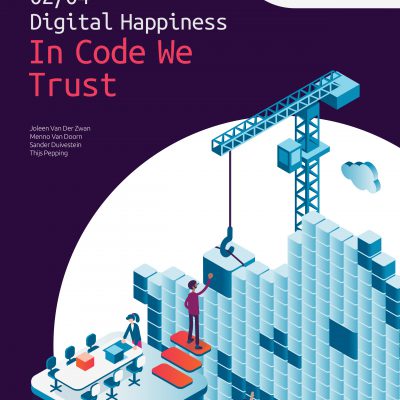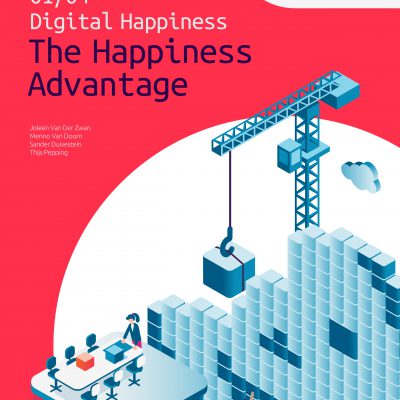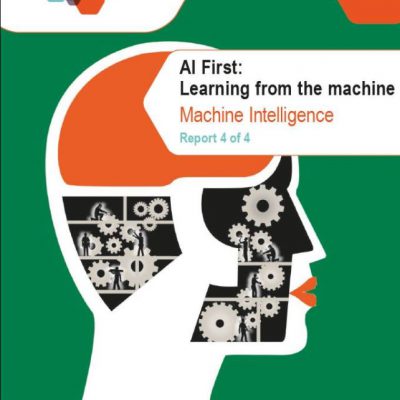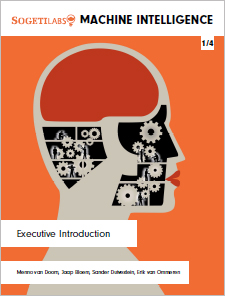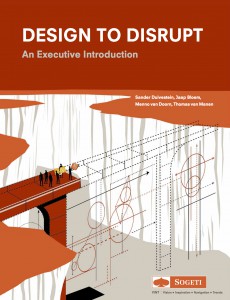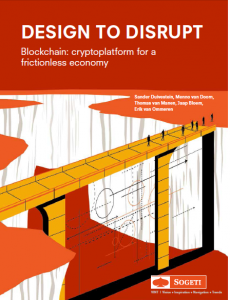The Great AI Experiment
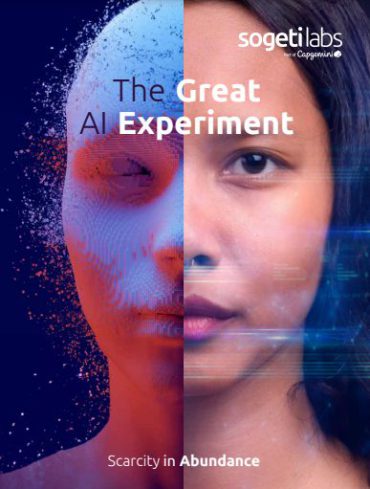
For years, technology positivists have been longing for it: the next iPhone moment. A technology that would be so revolutionary that it would turn everyone’s life upside down. For years, prophets have been prognosticating that it would be the blockchain, but a multitude of applications failed to materialize. After that, this digital ledger gave way to the headsets of virtual reality. The Metaverse would surely be the next big thing and we would meet, play and live in 3D. But adoption turned out to be many times slower than predicted and enthusiasm faded away.

 English | EN
English | EN 